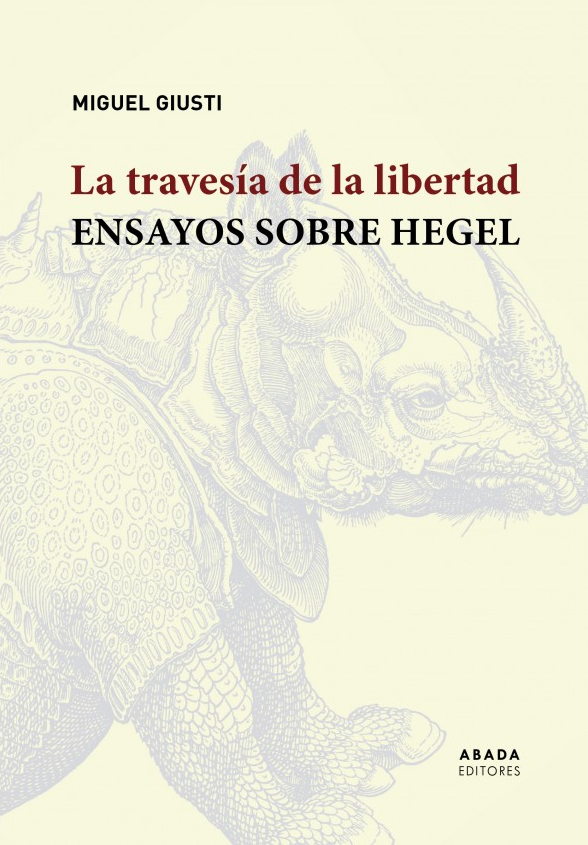The Journey of Freedom: Essays on Hegel

The Hegelian conception of freedom enjoys today a surprising, albeit controversial, relevance. The main reason for its vigour undoubtedly lies in the level of complexity in which Hegel has left the problem posed to us, that is, the diversity and richness of dimensions implied by his definition of freedom, and the efforts he made to give that multidimensionality an adequate conceptual structure.
This volume brings together an organic set of essays that analyse the emergence of the idea of freedom in Hegel, its relevance in contemporary social philosophy debates, and the current presence of such an idea as a vital impulse of a systematic conception of philosophy.